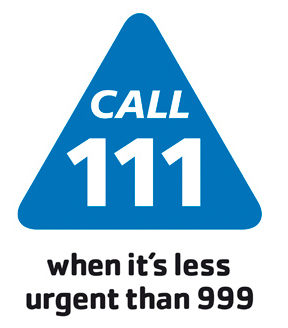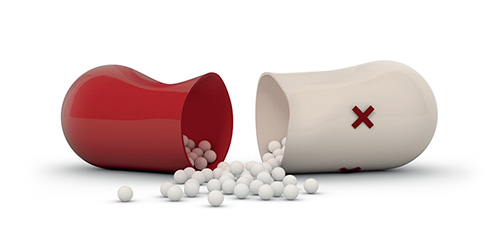Leaflets to discuss with patients
Self-care Leaflet
Self-care Leaflet - web version
How can I manage my common infection?
A leaflet for adults aged 16 years and over
Version 2.0. Published: November2024. Revision date: November 2027
Developed with healthcare professionals, patients and professional medical bodies. TARGET is operated by the UK Health Security Agency
Contents
What are the symptoms of a common infection?

How common is my infection?
Every year in the UK…
adults experience 2-3 colds, on average (more common in children)

1 in 5 people have a gut infection

1 in 10 people have a sinus infection

How can I treat a common infection?
- Get plenty of rest until you feel better.
- Take pain relief if you need to (make sure you follow the instructions).
- Drink enough fluids to avoid dehydration and pass urine regularly (6 to 8 cups or glasses).
- For coughs, try honey and cough medicines.
- For sore throats, try medicated lozenges and pain relief.
- Soothe eye infections with boiled and cooled water on the eyelids, apply cool compresses gently around the eye.
- For an outer ear infection, consider over-the-counter ear drops.
How long could my infection last?
Cough
3 to 4 weeks
Sore throat or earache
7 to 8 days
Common cold
14 days
Norovirus (winter vomiting)
2 to 3 days
Sinus infection
3 to 4 weeks
Eye infection
7 to 14 days
Contact your GP if your symptoms are getting worse or if you are not better by the times above.
Will my infection need antibiotics to get better?
- Your body can normally fight off common infections on its own
- You do not usually need antibiotics unless symptoms of a bacterial infection are severe – follow your healthcare professional’s advice on this
- Taking antibiotics when you do not need to may put you and your family at risk
- Follow your healthcare professional’s advice on antibiotics
- Find out more about antibiotics at www.antibioticguardian.com
How can I stop my infection from spreading?
If you need to cough or sneeze:
Catch it with a tissue (or your inner elbow)
Bin it – throw away used tissues
Kill it – clean your hands
Clean hands for at least 20 seconds with soap and water or hand sanitiser:
before preparing and eating food
after using the toilet
after touching pets or animals
when leaving and arriving home
Avoid touching your eyes, nose or mouth with unclean hands. If possible, keep your distance from others (2 meters or 6 feet), especially vulnerable people in your household.
Do not share items that come into contact with your mouth, such as eating utensils and toothbrushes.
Keep yourself and your family up to date with vaccinations. Always get winter vaccines (such as flu) if you are eligible.
What symptoms of serious illness should I look out for?
Severe headache and vomiting
Ongoing fever or chills (temperature above 38ºC or less than 36ºC)
Problems swallowing
Coughing blood
Breathing faster or slower than usual, chest pain or tightness
Kidney pain in your back just under your ribs
New very fast or slow pulse
Very cold skin
If you have the symptoms above, contact your GP urgently or use the following services for your region.
NHS England

NHS 111 Wales

NHS Scotland

Northern Ireland
Contact your GP practice

These services can provide a confidential interpreter if you need one.
What if I suspect signs of sepsis?
Sepsis is a life-threatening reaction to an infection. Possible signs are:
- slurred speech, confusion or drowsiness
- extreme shivering
- passing no urine in a day
- severe breathlessness
- it feels like you’re going to die, and
- skin blotchy or discoloured
If you suspect sepsis: Call 999 immediately

For any leaflet queries please contact us:
TARGETantibiotics@ukhsa.gov.uk